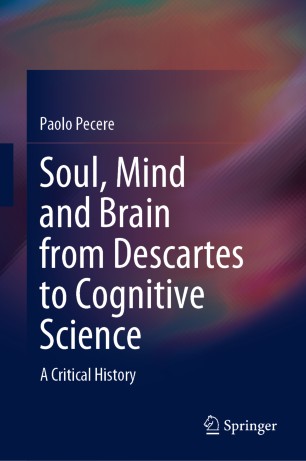

Most ebook files are in PDF format, so you can easily read them using various software such as Foxit Reader or directly on the Google Chrome browser.
Some ebook files are released by publishers in other formats such as .awz, .mobi, .epub, .fb2, etc. You may need to install specific software to read these formats on mobile/PC, such as Calibre.
Please read the tutorial at this link: https://ebookbell.com/faq
We offer FREE conversion to the popular formats you request; however, this may take some time. Therefore, right after payment, please email us, and we will try to provide the service as quickly as possible.
For some exceptional file formats or broken links (if any), please refrain from opening any disputes. Instead, email us first, and we will try to assist within a maximum of 6 hours.
EbookBell Team

4.7
36 reviewsThis interdisciplinary book ties the historical work of Descartes to his successors through current research and critical overviews on the neuroscience of consciousness, the brain, and cognition. This text is the first historical survey to focus on the cohesions and discontinuities between historical and contemporary thinkers working in philosophy, physiology, psychology, and neuroscience.
The book introduces and analyzes early discussions of consciousness, such as: metaphysical alternatives to scientific explanations of consciousness and its connection to brain activity; claims about the possibilities and limits of neuroscientific accounts of consciousness and cognition; and the proposition of a “non-reductive naturalism” concerning phenomenal consciousness and rationality. The author assesses the contributions of early philosophers and scientists on brain, consciousness and cognition, among them: Descartes, Malebranche, Spinoza, Leibniz, Locke, Newton, Haller, Kant, Fechner, Helmholtz and du Bois-Reymond. The work of these pioneers is related to that of modern researchers in physiology, psychology, neuroscience and philosophy of mind, including: Freud, Hilary Putnam, Herbert Feigl, Gerald Edelman, Jean-Pierre Changeux, Daniel Dennett and David Chalmers, amongst others. This text appeals to researchers and advanced students in the field.